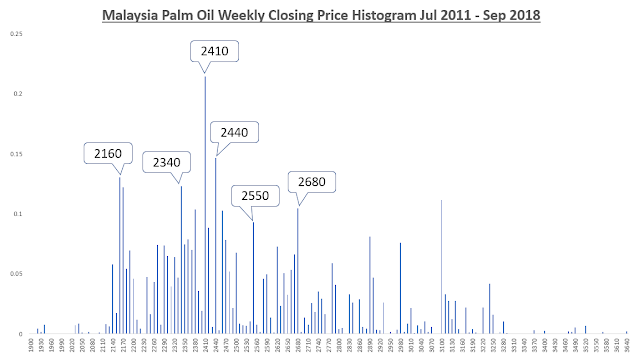According to Centre for European Reform (“CER”), Brexit has curbed
economic growth. The U.K. economy has stagnated. But how much has the decision
to leave the EU has cost the U.K. economy so far?
According to CER, the British economy is 2.1% smaller in the first
quarter of 2018 as compared to if the vote was to remain. Using scenario
modelling, they created a “synthetic” U.K. and the real U.K. to examine the
difference in growth between the “remain” and “leave” positions.
The leave vote is now costing the U.K. Treasury £440 million a week.
But what does a “No Deal” mean for the U.K.? A number of things:
·
The 21-month transitory period from March 29, 2019 is
scrapped;
· No legal
obligations to pay £39 billion as divorce settlement to the EU;
· Residency
rights of EU nationals (3.7 million) in U.K. and those U.K. nationals (1.3
million) in EU disappear overnight;
· Northern
Ireland is out of the EU and over 300 checkpoints to manage;
· WTO rules
come into effect;
· Tariffs
(ranging from 2% - 60%) imposed on two-way trade between U.K. and EU;
· With VAT, prices
will increase by 20%;
· Customs
check on cross-channel freight, will create havoc at ports;
· Businesses
will have to obtain licenses in each individual country;
· Products
require authorisation and certifications;
· U.K. individuals
and organisations become ineligible for EU grants and contracts;
· Void
professional qualifications in EU and U.K.;
· Mobile
phone charges will hike; and
·
Organic farmers may be shut-out of EU.
The larger and better prepared firms will hedge now based on direct
impact on themselves, supply chains, customers and competitors. The small firms
are least able to take such steps and suffer the most.
The desire to leave the EU is little more than a growing nostalgia for Empire.
Liberals may despise Empire, but arguments on intervention and governance are
couched in imperial worldview. So interventions in Iraq, Afghanistan and Syria
are perceived as not wrong but should have been earlier. Can you believe that?
Reference
1. What is a no-deal Brexit, what’s the
government’s latest advice and what it would mean for the UK? Sofia Petkar,
The Sun, 13 September 2018
2.What’s the cost of Brexit so far? John
Springford, Centre for European Reform,
23 June 2018















